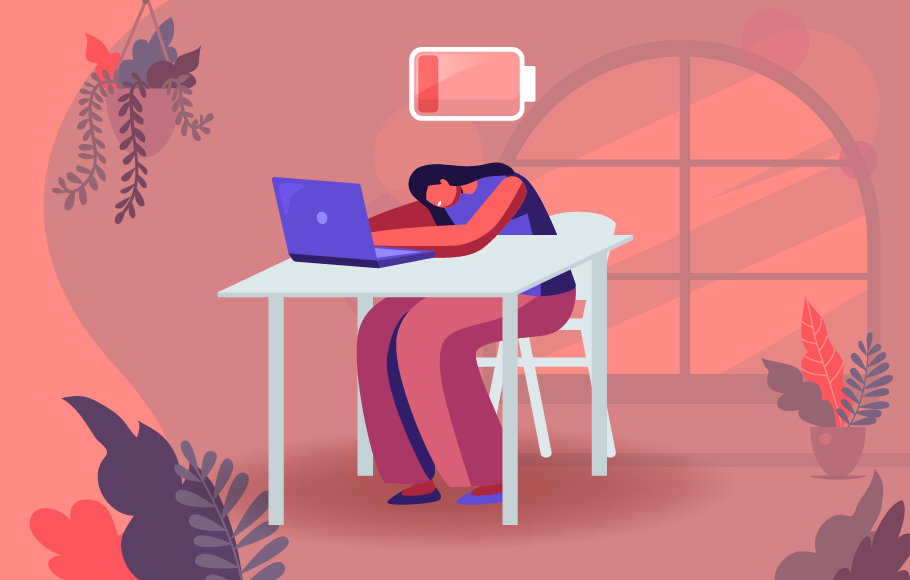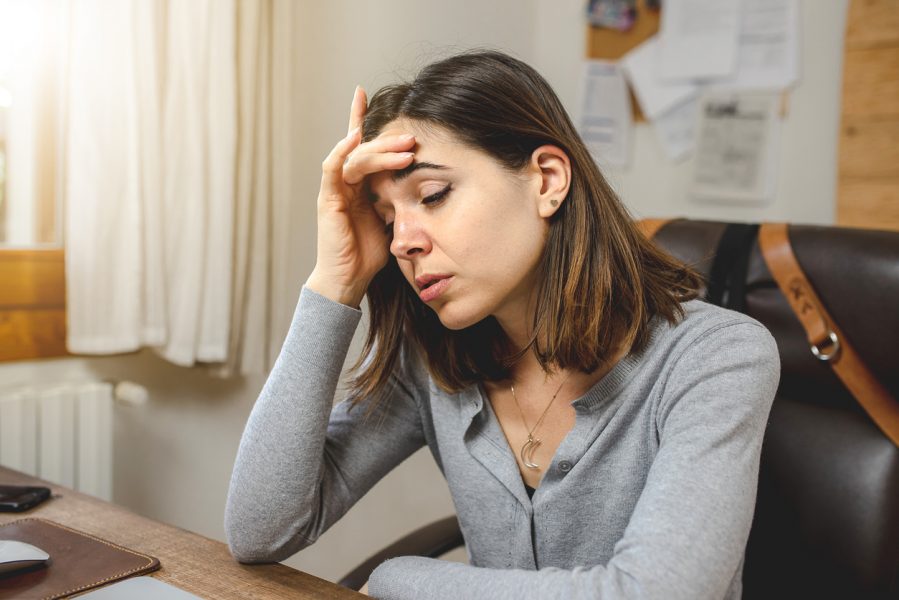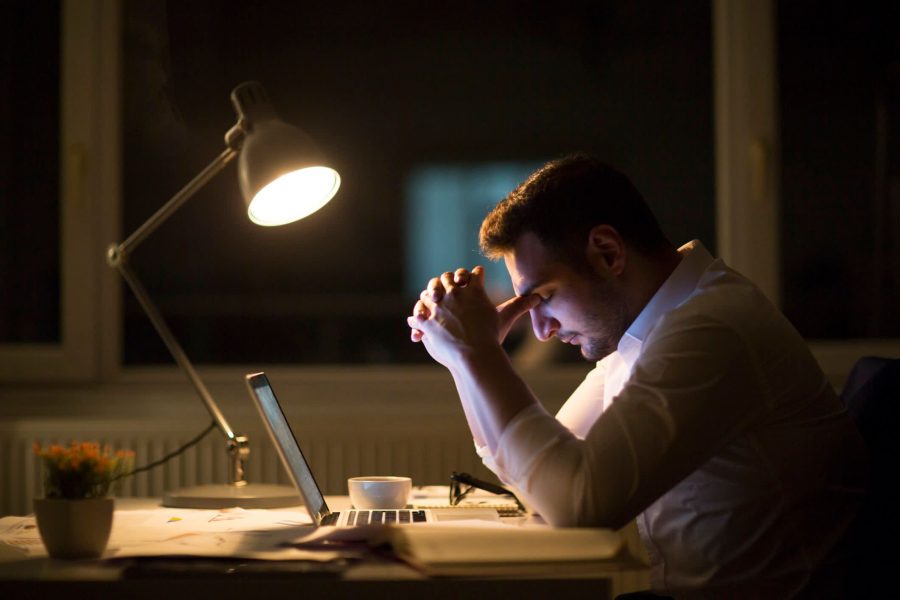
- Home
- India
- World
- Premium
- THE FEDERAL SPECIAL
- Analysis
- States
- Perspective
- Videos
- Sports
- Education
- Entertainment
- Elections
- Features
- Health
- Business
- Series
- In memoriam: Sheikh Mujibur Rahman
- Bishnoi's Men
- NEET TANGLE
- Economy Series
- Earth Day
- Kashmir’s Frozen Turbulence
- India@75
- The legend of Ramjanmabhoomi
- Liberalisation@30
- How to tame a dragon
- Celebrating biodiversity
- Farm Matters
- 50 days of solitude
- Bringing Migrants Home
- Budget 2020
- Jharkhand Votes
- The Federal Investigates
- The Federal Impact
- Vanishing Sand
- Gandhi @ 150
- Andhra Today
- Field report
- Operation Gulmarg
- Pandemic @1 Mn in India
- The Federal Year-End
- The Zero Year
- Science
- Brand studio
- Newsletter
- Elections 2024
- Events
- Home
- IndiaIndia
- World
- Analysis
- StatesStates
- PerspectivePerspective
- VideosVideos
- Sports
- Education
- Entertainment
- ElectionsElections
- Features
- Health
- BusinessBusiness
- Premium
- Loading...
Premium - Events

Everyone is burned out. 'But work can't stop, can it?'

Anger, exhaustion and helplessness. Maria Teronpi (name changed on request) felt all this and more working nonstop for hours, days and months at a reputed hospital in Noida during the second wave that unleashed unprecedented devastation across the country. The 29-year-old nurse says she was already overworked since the outbreak of the pandemic in March last year, but the second wave...
Anger, exhaustion and helplessness. Maria Teronpi (name changed on request) felt all this and more working nonstop for hours, days and months at a reputed hospital in Noida during the second wave that unleashed unprecedented devastation across the country.
The 29-year-old nurse says she was already overworked since the outbreak of the pandemic in March last year, but the second wave was “way too much to deal with”. “I was completely burned out.”
She finally decided to seek help from a therapist recently. “I badly needed a break and some expert help.”
Various studies have reported an increase in “burnout” during the pandemic with more and more healthcare workers feeling worn out and unable to cope with the uncertainties.
According to an article in EClinicalMedicine, a survey of 7,500 physicians from eight countries during the COVID-19 pandemic revealed that burnout has reached disturbingly high rate. “Psychological distress from witnessing Covid-related deaths, deep despondency, and extra-long work hours are fueling HCW burnout at an exponential rate,” it said. EClinicalMedicine is a new open access clinical journal published by The Lancet.
The article further warns that “burnout may be reaching a tipping point with the second/third wave of the pandemic, new contagious, virulent mutant virus, the rising death toll, and slow vaccine rollout”.
However, it’s not just the healthcare workers and frontline staff. Almost every other worker today is facing burnout with varying degrees.
Shubham Misra, who specialises in digital marketing, recently quit his job. “I was absolutely tired chasing clients and deadlines,” says Shubham (not his real name).
According to a recent report, employees like Shubham in India are facing increased burnout due to work-life imbalance, apart from the fear of contracting Covid-19.
Microsoft’s Work Trend Index surveyed over 6,000 information and first-line workers across eight countries globally and found that India had the second highest percentage of workers facing increased burnout in Asia at 29 per cent.
The same survey found that since people adapted to remote working, after-hour discussions, or chats between 5 pm and midnight, have also increased.
So, what exactly is this burnout that seems to be afflicting everybody?

Everybody has had enough
Well, to begin with, burnout isn’t unique to the coronavirus pandemic and has long been a threat to working professionals. It was American psychologist Herbert Freudenberger who first coined the term in the 1970s.
However, Freudenberger used the term to describe the aftereffects of “severe stress and high ideals in helping professions”, according to this article.
In other words, doctors and nurses who would often end up getting “burned out” while helping others. But the term is no longer restricted to healthcare professionals. It can afflict anyone—from highly ambitious and hardworking professionals to overworked homemakers and top-notch celebrities.
Interestingly, the World Health Organization (WHO) recognised burnout syndrome only in 2019. It was included in the 11th Revision of the International Classification of Diseases (ICD-11) but only as an occupational phenomenon, not as a medical condition.
According to WHO, burnout is a syndrome resulting from chronic workplace stress that has not been successfully managed. It is defined mainly based on “feelings of energy depletion or exhaustion, increased mental distance from one’s job, or feelings of negativism or cynicism related to one’s job, and reduced professional efficacy”.
Burnout, it says, refers “specifically to phenomena in the occupational context and should not be applied to describe experiences in other areas of life”.
While some studies claim three out of five workers around the world feel burned out, writer Anne Helen Petersen says the entire generation of millennials are burned out.
In her book, Can’t Even: How Millennials Became the Burnout Generation, Petersen writes: “Millennials live with the reality that we’re going to work forever, die before we pay off our student loans, potentially bankrupt our children with our care, or get wiped out in a global apocalypse.”
A sharp cultural critique, the book takes a serious look at how former generations “set up millennials” for burnout. A millennial herself, Petersen calls Covid-19 “the great clarifier”.
Bengaluru-based psychologist, researcher and behavioural expert, Dr A Sridhara, kind of agrees with Petersen on the burden on millennials.
“It is a reflection on our society and times—the kind of environment we have created for the younger generation that they don’t feel secure enough. Job opportunities are restricted, means of entertainment are restricted. Also, there is not enough help available from the government and social organisations,” he says.

Covid-19: Dealing a big blow
Burnout became particularly widespread last year as millions of people lost their jobs and faced financial crunch. The more unfortunate ones faced severe food and shelter insecurity. Yet some others were driven to end their lives. Those who managed to save their jobs, ended up spending longer-than-usual work hours in front of their computer screens either working or attending online meetings. Either way, it wasn’t easy to adjust suddenly. A year-and-a-half later, it’s still difficult.
The increasing level of burnout seems to be a direct result of problems worsened by Covid-19. In general, there could be a number of reasons for burnout. “It could be anything from unfair treatment at work to excessive workload, lack of communication and support, unreasonable deadlines. There are a number of things that can trigger a person,” says Dr Sridhara.
But apart from all this, there is another reason why many found the lockdowns across cities more difficult to adjust with. “Suddenly people realised that the virus is not going anywhere soon. This compounded the feeling of helplessness and anxiety about the future. It added to the fatigue,” admits Shubham.
However, not all experts always agree on what burnout actually means. Burnout isn’t only about tiredness. It’s a complex issue that needs some serious study and understanding.
According to an InformedHealth.org article, symptoms such as extreme exhaustion, feeling low and diminishing performance that are considered to be typical for burnout also occur in depression. “Because the symptoms are similar, some people may be diagnosed with burnout although they really have depression,” it says.
The same article goes on to say that some characteristics of burnout are very specific. For instance, most of the problems are work-related when it comes to burnout but depression involves negative thoughts and feelings that aren’t only about work. Moreover, symptoms of depression such as low self-esteem, hopelessness and suicidal tendencies aren’t regarded as typical symptoms of burnout.
“Burnout is different from depression. People with burnout don’t always have depression. But burnout may increase the risk of someone getting depression, if one remains untreated for long. So, timely intervention is very necessary,” says Delhi-based mental wellness expert Dr Rachna Khanna Singh.
According to Dr Singh, who heads the department of Holistic Medicine at Artemis Hospital in Gurgaon and is also the founder director of The Mind and Wellness Studio, things have improved of late. Both employers and employees have become more aware about mental wellness. People are more open to talking about mental health, which is a positive sign.

Shubham, however, feels things are not particularly hunky dory at workplaces across India. Employers often fail to empathise with their workers, he says.
Dr Sridhara chips in, there is an increasing tendency to regulate an individual’s behaviour. “People are not free to express themselves. So there is more helplessness, more hostility, more withdrawal and lack of interest in work among the younger generation. More than work from home or personal relationships, it’s a comment on our social and economic world. It’s not instilling enough confidence in people.”
Shubham says, unlike Sweden, where one can go on leave for burnout, it’s difficult to expect such empathy from employers in India.
But much against Shubham’s admiration for the Nordic country and its highly touted work-life balance, burnout is rising even in Sweden.
“Notwithstanding such trends, the fact remains that people in India are not so sensitive to someone else’s suffering,” insists Alka Singh.
Alka recently quit her private sector job. “Work from home made things worse. Boundaries between work and personal life blurred completely. Your boss expects you to be available for work all the time since he feels you are having the luxury of working from home. On the other hand, your family expects you to take out more time for them and do house work since you are at home,” she says.
Alka found this tug of war between work and home too much to handle and ultimately quit her job to “focus on her family”.
“I was tired of the everyday squabbles at home with my in-laws. But it was not possible to ignore office work. Work can’t stop. Can it?” she adds.
In order to prove to her seniors that she was not slacking off, Alka says she ended up working more hours. She could hardly sleep, eat or even think. “That is when I felt I have had enough.”
